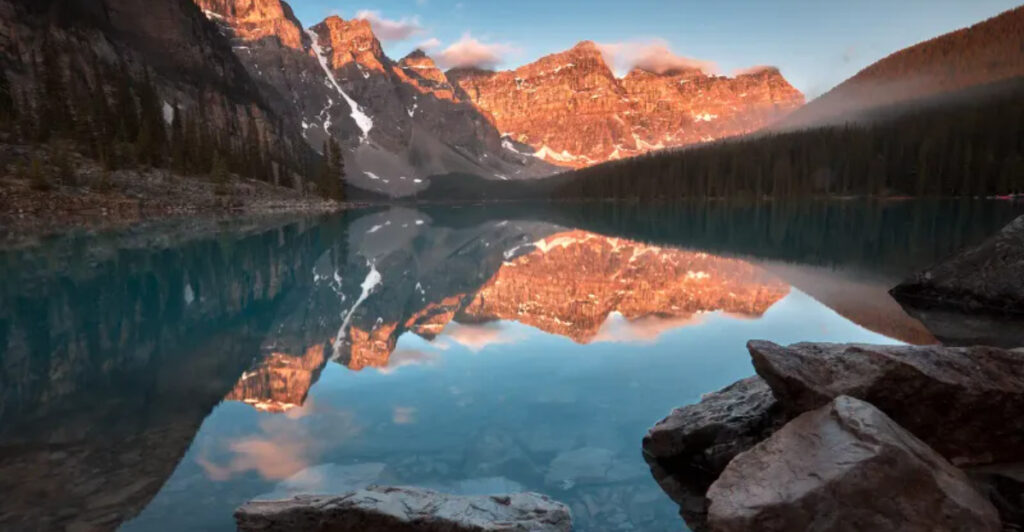Canada welcomes millions of visitors each year with open arms and friendly smiles. But even in the land of maple syrup and apologetic locals, there are cultural faux pas that can turn your dream vacation into an awkward experience. Whether you’re planning to explore bustling cities like Toronto and Vancouver or the breathtaking natural wonders of Banff and Jasper, understanding what not to do will make your Canadian adventure much more enjoyable.
1. Feed Wild Animals
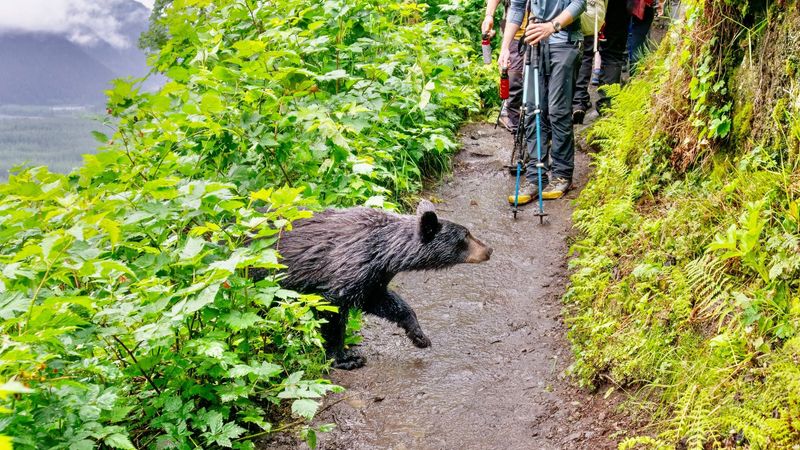
That cute chipmunk begging for crumbs might seem harmless, but feeding wildlife disrupts natural behaviors and creates dangerous dependencies. Animals that associate humans with food become aggressive and often end up being euthanized.
In national parks like Banff and Jasper, feeding wildlife carries hefty fines exceeding $25,000. Even seemingly innocent acts like tossing bread to ducks at urban parks damages ecosystems and harms the animals’ health.
Keep a respectful distance—at least 100 meters from bears and 30 meters from other large animals. Enjoy Canada’s incredible wildlife through binoculars or a zoom lens, not through food interactions that ultimately harm the creatures you admire.
2. Underestimate Winter Weather
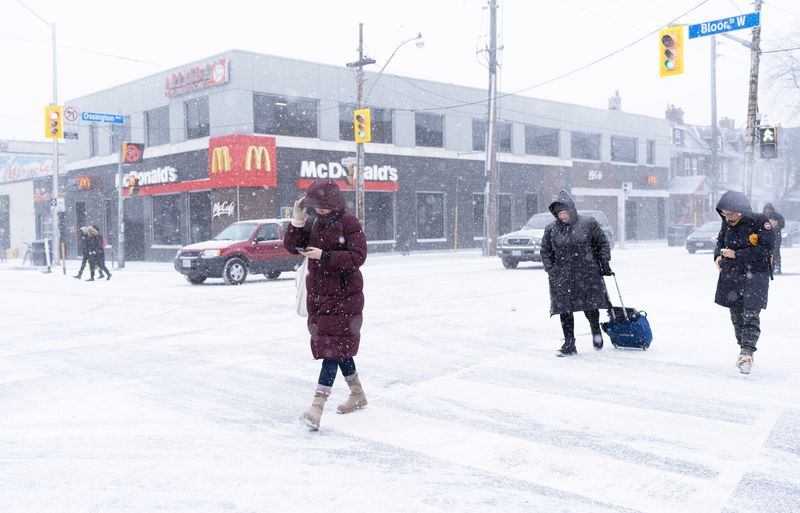
Canadian winters aren’t just cold—they can be dangerously frigid, especially if you’re unprepared. Temperatures in places like Winnipeg or Edmonton regularly plummet below -30°C (-22°F), with windchill making it feel even colder.
Frostbite can develop on exposed skin within minutes under these conditions. Tourists often make the mistake of wearing fashion boots instead of proper insulated footwear, or forgetting essential items like thermal layers, waterproof gloves, and face protection.
Vehicle preparation matters too. Rental cars should include winter emergency kits with blankets, candles, and food. The charming snow-covered landscapes can turn treacherous quickly, so always check weather forecasts and road conditions before venturing out.
3. Skip Travel Insurance

Healthcare in Canada isn’t free for visitors. A simple emergency room visit could cost thousands, while more serious incidents requiring hospitalization or medical evacuation can lead to catastrophic bills exceeding $100,000.
Many tourists assume their home country’s insurance will cover them, or that reciprocal healthcare agreements exist. This misconception leaves travelers financially vulnerable when accidents happen during activities like skiing in Whistler or hiking in the Rockies.
Provincial healthcare systems vary across Canada, but none provide free comprehensive care to non-residents. Always purchase travel insurance with sufficient medical coverage, including emergency evacuation and repatriation. The peace of mind is worth far more than the relatively modest premium you’ll pay.
4. Confuse Canadian and American Identity
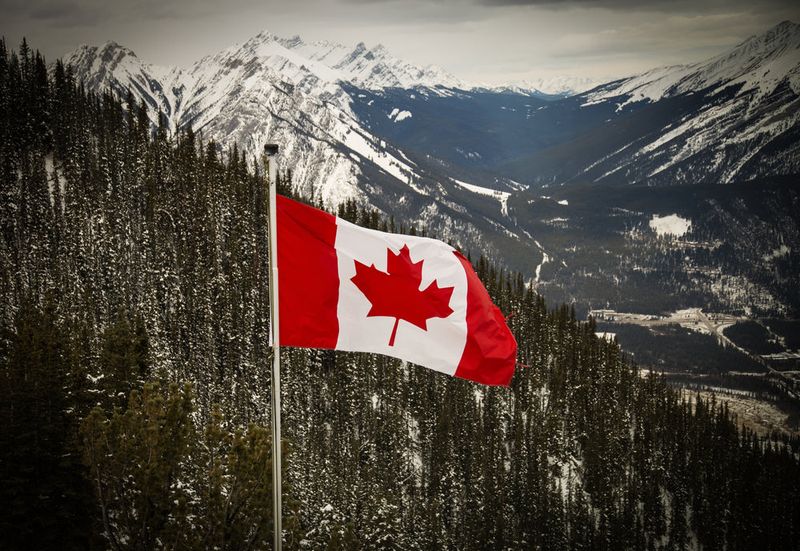
Nothing makes a Canadian cringe faster than being mistaken for an American or having their distinct culture lumped together with their southern neighbors. Despite sharing a language (in most provinces) and some cultural similarities, Canadians have their own unique identity, history, and values.
Canadians take pride in their healthcare system, multicultural policies, and different political landscape. They celebrate Canada Day on July 1st, not Independence Day. Their sports passions center around hockey, not American football.
The maple leaf flag is a source of national pride, and assuming it’s interchangeable with stars and stripes is a quick way to offend locals. Appreciate Canada on its own terms rather than viewing it as “America’s hat” or “America Lite.”
5. Forget Quebec’s French Heritage
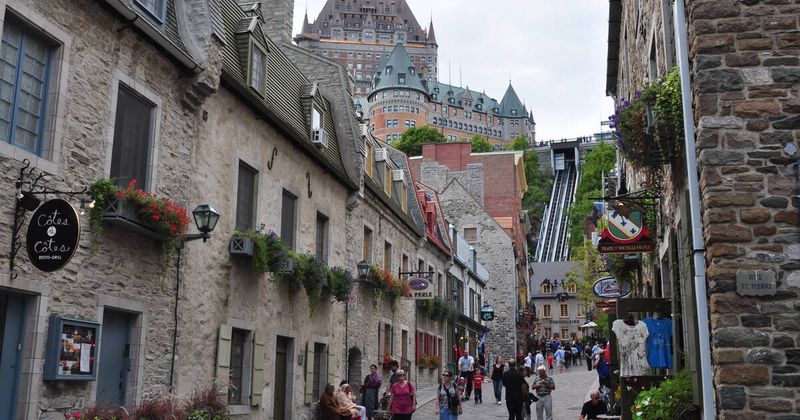
Quebec isn’t just another Canadian province—it’s a distinct society with French as its official language and a fierce pride in its unique cultural identity. Arriving in Montreal or Quebec City expecting everyone to speak English can lead to awkward encounters and sometimes outright refusal of service.
Language politics run deep here. Making an effort with basic French phrases like “Bonjour” (hello), “Merci” (thank you), and “S’il vous plaît” (please) goes a long way. Many Quebecois can speak English but appreciate visitors who respect their linguistic heritage.
Beyond language, Quebec’s architecture, cuisine, and customs reflect its French roots. Treating the province like any other part of English-speaking Canada shows cultural insensitivity that locals won’t appreciate.
6. Disrespect Indigenous Territories

Canada’s First Nations, Inuit, and Métis peoples have inhabited these lands for thousands of years before European settlement. Sacred sites, traditional territories, and cultural practices deserve profound respect from visitors.
Never remove artifacts or disturb archaeological sites. Photography at ceremonies requires explicit permission, and some sacred places prohibit cameras entirely. When visiting Indigenous communities or cultural centers, follow posted guidelines and listen more than you speak.
Many tourist areas now acknowledge traditional territories in signage. Take time to read these acknowledgments and learn about the specific Nations whose lands you’re visiting. Understanding the ongoing impacts of colonization and residential schools provides important context for appreciating Indigenous resilience and cultural revitalization efforts.
7. Litter in Natural Areas
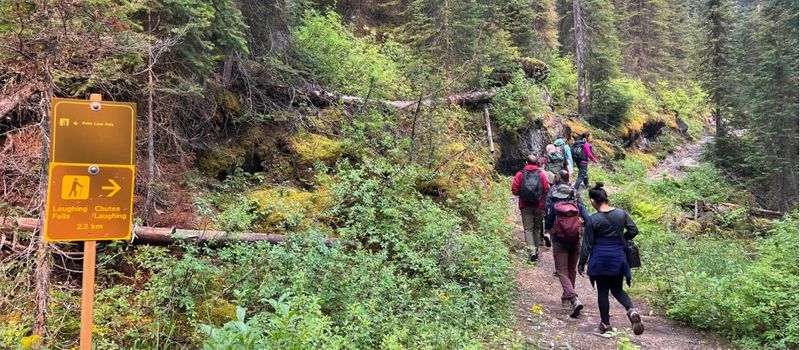
Canadians treasure their spectacular natural environments and take conservation seriously. Leaving trash behind in parks, forests, lakes, or hiking trails is not just frowned upon—it can result in significant fines and public shaming.
Even biodegradable items like apple cores or orange peels should be packed out. These items take months or years to decompose and attract wildlife to trails, creating dangerous human-animal interactions. Cigarette butts are particularly problematic, containing toxic chemicals that leach into soil and water.
The principle of “leave no trace” guides outdoor ethics in Canada. Pack out everything you pack in, use designated waste and recycling facilities, and consider bringing a small bag to collect any litter you encounter along your journey—a practice many Canadians routinely follow.
8. Ignore Bear Safety Protocols
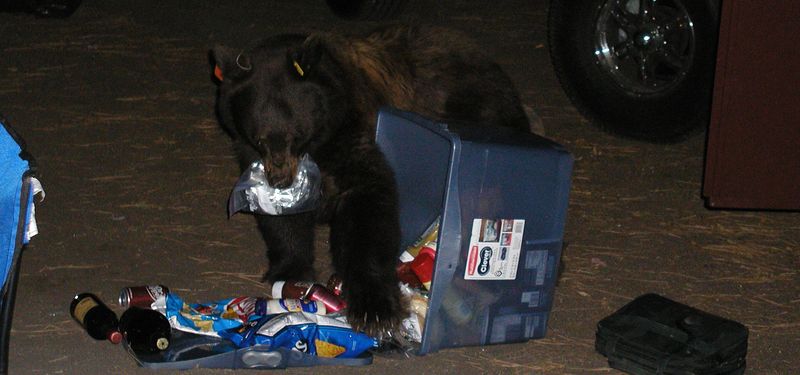
Bears aren’t cuddly photo opportunities—they’re powerful wild animals demanding serious respect. Each year, tourists put themselves in danger by approaching bears for selfies or leaving food accessible at campsites.
In bear country, store all food, garbage, and scented items (even toothpaste or lip balm) in bear-proof containers or designated storage lockers. Make noise while hiking to avoid surprising bears on trails. Clapping, singing, or carrying bear bells alerts animals to your presence, giving them time to move away.
Carry bear spray and know how to use it if you’re hiking in bear habitat. If you encounter a bear, never run—back away slowly while speaking in calm, firm tones. Understanding the difference between black and grizzly bear behaviors could literally save your life.
9. Misuse Cannabis Laws
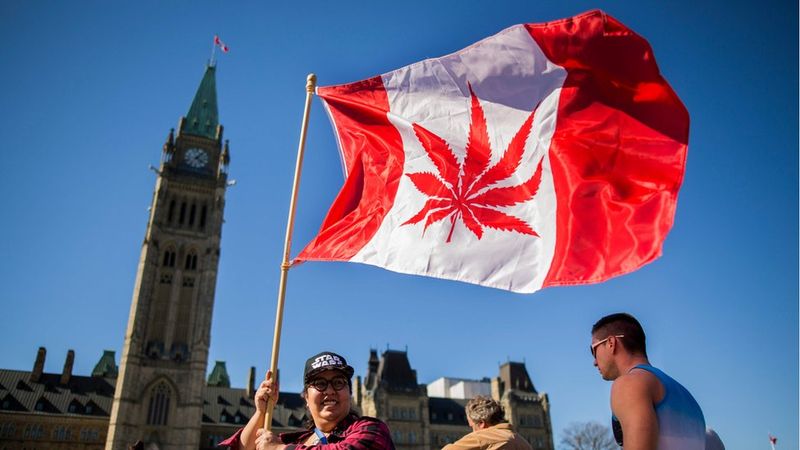
Yes, recreational cannabis is legal across Canada, but that doesn’t mean you can light up anywhere you please. Each province has different regulations about where consumption is permitted, minimum age requirements, and purchase limits.
Smoking or vaping cannabis follows similar restrictions to tobacco—generally prohibited in enclosed public spaces, workplaces, and near building entrances. Many cities ban consumption in parks, beaches, and other outdoor public areas. Driving under the influence carries severe penalties, including potential jail time.
Crossing international borders with cannabis—including into the US—remains strictly illegal, even between places where it’s legal on both sides. Breaking these rules can result in arrest, fines, or being barred from future entry to Canada or the United States.
10. Skip Tipping Service Workers

Unlike some countries where service charges are included or tipping is optional, Canada follows North American tipping customs. Restaurant servers, taxi drivers, hairstylists, and tour guides rely on tips as a significant portion of their income.
The standard restaurant tip ranges from 15-20% of the pre-tax bill for good service. Bartenders expect $1-2 per drink, while hotel housekeeping deserves $2-5 per night. Even when service is mediocre, leaving 10-15% acknowledges that everyone has off days.
Some visitors mistakenly believe the higher minimum wage in Canada (compared to the US) eliminates the need for tipping. This isn’t true—service wages are still structured with the expectation of gratuities. Skipping the tip isn’t making a cultural statement; it’s simply shorting someone’s paycheck.
11. Rush Through Natural Wonders
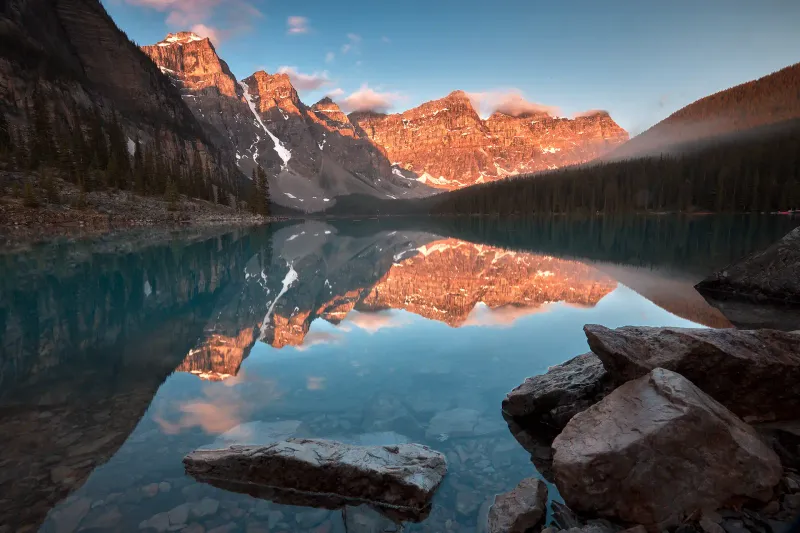
Canada’s national parks deserve more than a quick drive-through with hurried selfies at popular viewpoints. Tourists often make the mistake of cramming Banff, Jasper, and Lake Louise into a single day, missing the true magic these places offer.
Wildlife appears during quiet moments—early mornings or evenings when crowds thin out. The famous turquoise lakes reveal their most vibrant colors when sunlight hits them at certain angles. Rushing means missing these perfect moments and contributing to overtourism at hotspots while overlooking equally stunning less-visited areas.
Consider spending multiple days in one region rather than racing between distant attractions. Take time for short hikes away from parking lots. The most memorable experiences often happen when you slow down enough to truly absorb Canada’s natural grandeur.
12. Ignore Parking Regulations
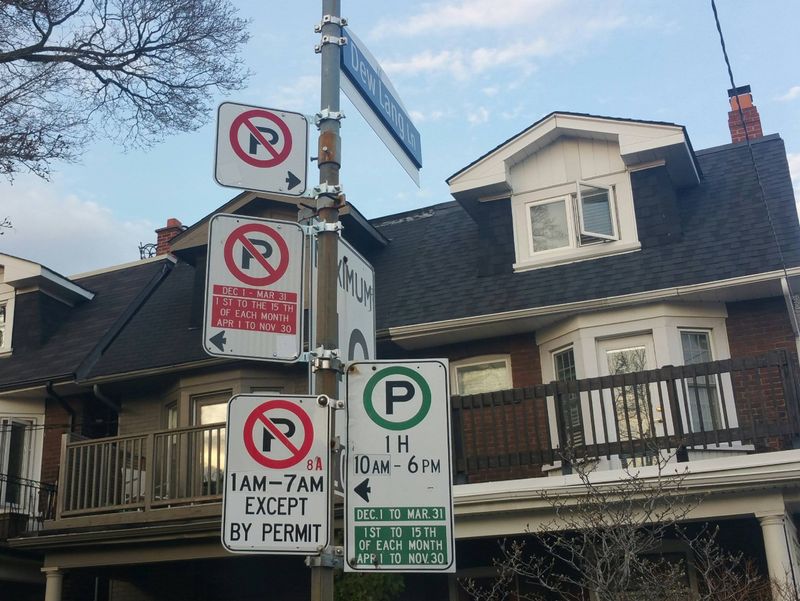
Canadian cities take parking rules seriously, and enforcement officers are remarkably efficient. Your rental car can be ticketed, booted, or towed within minutes of a violation, potentially ruining your carefully planned itinerary and budget.
Pay attention to street cleaning schedules, snow removal restrictions, and resident-only zones. Many areas use complex signage systems with multiple time-based rules on a single post. In winter, overnight street parking may be completely prohibited to allow for snow clearing operations.
Downtown parking in major cities like Toronto and Vancouver ranks among the most expensive in North America. Consider public transit options instead, which are generally efficient and cost-effective. If you must drive, use parking apps that show real-time availability and allow payment extensions if your activities run longer than expected.
13. Dismiss Hockey Culture
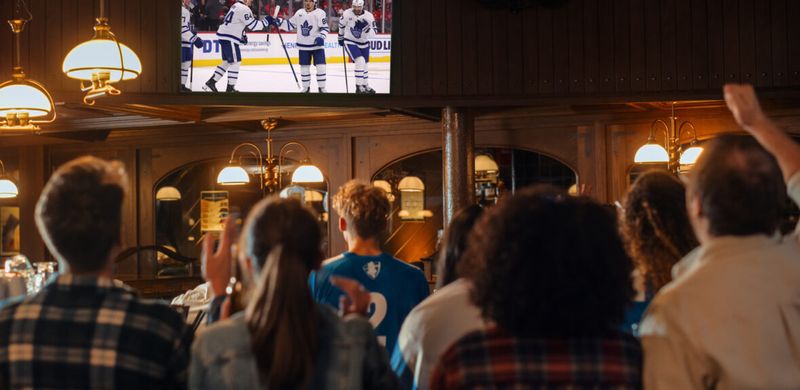
Hockey isn’t just a sport in Canada—it’s woven into the national identity. Dismissing it as “just a game” or making disparaging remarks about a local team can instantly chill an otherwise warm conversation with Canadians.
The Montreal Canadiens, Toronto Maple Leafs, and other NHL teams inspire almost religious devotion. During playoff season, entire cities revolve around game schedules. Even Canadians who don’t regularly follow sports often have strong opinions about historic hockey moments like the 1972 Summit Series against the Soviet Union.
You don’t need to become a hockey expert, but showing some interest or respect for the sport opens doors socially. Watching a game at a local pub creates an authentic Canadian experience where you’ll witness the passion firsthand and potentially make new friends over shared cheers or commiserations.
14. Overlook Provincial Differences
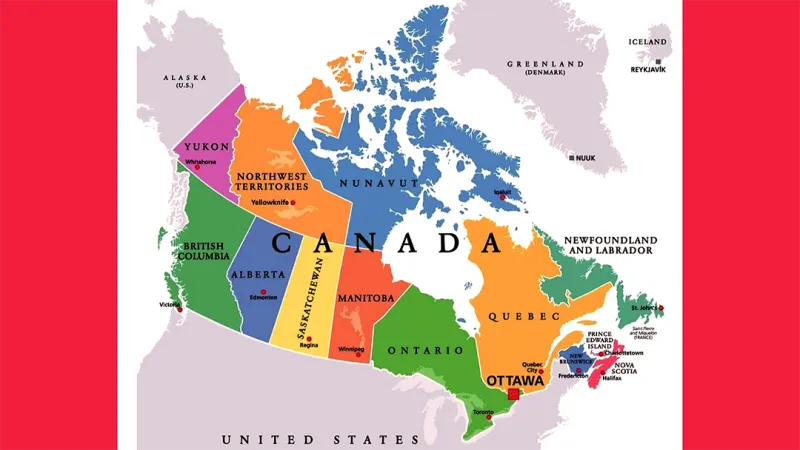
Canada isn’t a monolithic country—each province and territory has distinct cultures, histories, and even laws that visitors should recognize. The seafaring traditions of Nova Scotia differ dramatically from the cowboy heritage of Alberta or the unique Francophone society of Quebec.
Liquor laws vary significantly by province. In Quebec, wine and beer are sold in grocery stores, while Alberta has privatized liquor sales. Ontario maintains a government monopoly through the LCBO. Legal drinking ages range from 18 in Alberta, Manitoba, and Quebec to 19 elsewhere.
Even everyday phrases change regionally. A convenience store might be a “dépanneur” in Quebec, a “variety store” in Ontario, or a “corner store” in the Maritimes. Appreciating these regional distinctions shows respect for Canada’s rich provincial identities.
15. Disregard Personal Space

Canadians typically maintain a larger personal bubble than visitors from many other cultures. Standing too close in conversation, touching someone you’ve just met, or sitting directly beside a stranger on an otherwise empty bus can make locals visibly uncomfortable.
This respect for personal space extends to conversation topics. Asking personal questions about income, relationship status, or political views early in an acquaintance is considered intrusive. Canadians often use polite small talk about weather or sports as a buffer before deeper discussions.
Line-cutting is another spatial violation that generates serious disapproval. Queuing culture is strong across Canada, and people expect orderly lines for everything from coffee shops to bus stops. Even in crowded situations, maintaining appropriate distance and respecting established waiting systems demonstrates proper Canadian etiquette.

